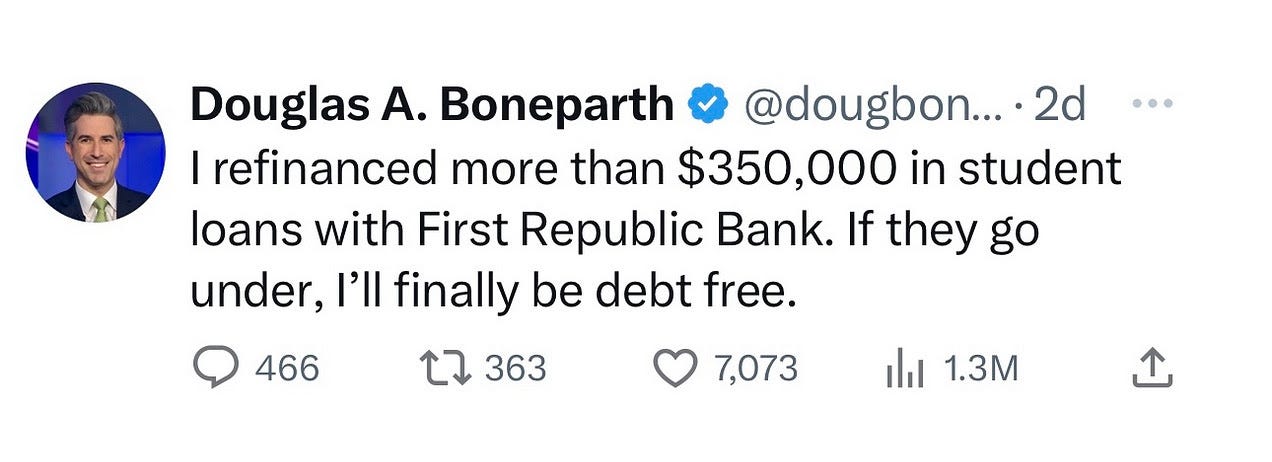Misuse of Money Makes You Stressed. Stress Makes You Spend Money.
Your money or your mental health?

5 years ago I spent on the edge of the financial abyss, sometimes swinging precariously close to a cliff, sometimes in catastrophic freefall.
In March 2018, I accumulated about $10,000 in debt through a combination of bad decisions, big milestones like the illusion of the moment, and what I now know as a downward spiral of emotional spending.
I don’t think a day went by in those days when I didn’t roll over in bed at night with money worries.
I wasn’t happy at the time, in fact far from it: I was either busy transferring small amounts from one account to another, filling in the gaps in my budget, secretly hating my job for not paying better, or clicking around the internet, desperately searching for something that would make me a little happier in the short term.
At first, my worries were limited to my bank account, but over time they spread to the rest of my life until I was 24/7 restless, embarrassed, and just insanely dissatisfied.
Financial well-being is absolutely critical to the well-being of body and mind. After all, without personal financial security, we cannot meet even our day-to-day needs.
There is a complex, interdependent relationship between our bank accounts and our mental health.
Studies prove that financial difficulties can result both from mental problems — for example, the resulting stress — but also from an inability to work due to depression, for example.
What follows is a real vicious circle.
Money worries can make mental health problems worse — and poor mental health, in turn, makes it increasingly difficult to manage money wisely.
Although this important aspect of adult life can determine our very personal situation so decisively, our school system throws us into the big, wide world without preparing us for serious financial reality.
It took me a while to understand why I was spending money to control my emotions somehow, even though money was the source of my worries.
We spend money on something we don’t need to cheer ourselves up.
I had to learn the hard way. All the self-care in the world won’t do any good if you don’t take care of your finances. Health, happiness, and security — are impossible if the money isn’t right.
Our brain is always trying to make decisions that are good for us in the short term — but may put obstacles in our way in the long term.
And that’s where another vicious circle comes in: the consequences of our spending can in turn create a situation in which we crave more spending.
If our impulse purchases scratch our savings or even put us into debt, it affects our mood — and we want to console ourselves with more financial spending.
Also, meeting friends, going to the gym and even hugging suddenly become something you don’t want to do anymore because of how little money you have, and possible financial worries now join boredom, loneliness, and anxiety.
Depressing news suddenly becomes your only dopamine release. It doesn’t take a genius to understand why your bank account is shrinking. Mainly because the Internet has made it so easy and can easily be done from your home sofa.
Never before have you been bombarded with advertising e-mails, offers, and sales like you are now. Limited products, sales countdown, the option to pay later: don’t let all this stress you out.
You can control emotional spending by finding alternative ways to deal with stress.
Conscious money management is crucial for a healthy relationship with our finances — and this in turn is important because, after all, we cannot do without spending money completely.
Money is an indispensable part of our daily lives, and to learn to handle it wisely, you need first of all time to make decisions, time to think, and time to save so that one day you can afford what you really want to want.
Take your time — and ignore the advertising industry’s efforts to convince you to make extremely quick decisions.
Those Good Tweets
Selected Meme Of The Day
This article is for informational purposes only. It should not be considered Financial or Legal Advice. Not all information will be accurate. Consult a financial professional before making any major financial decisions.





